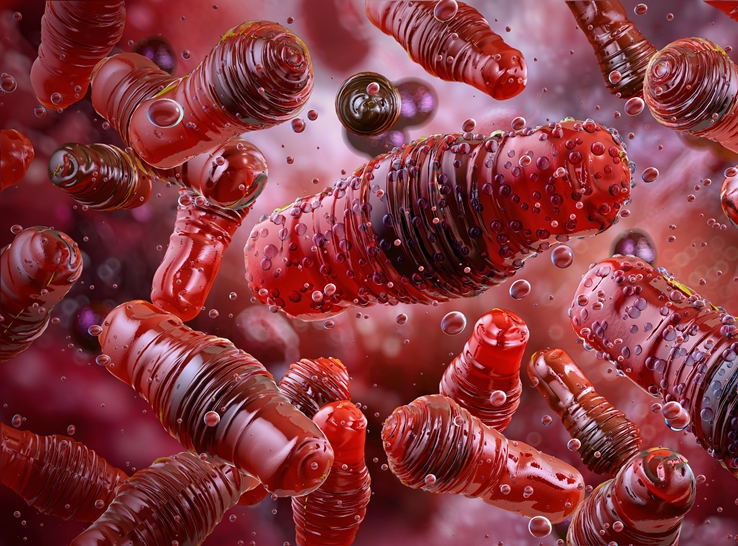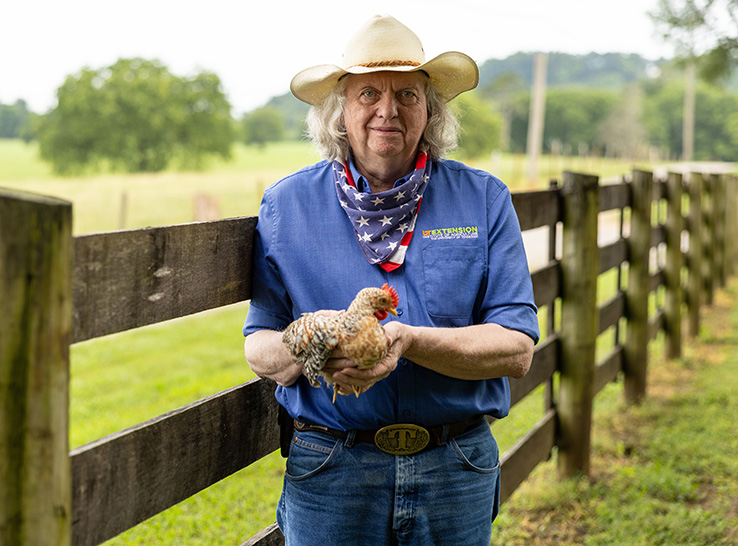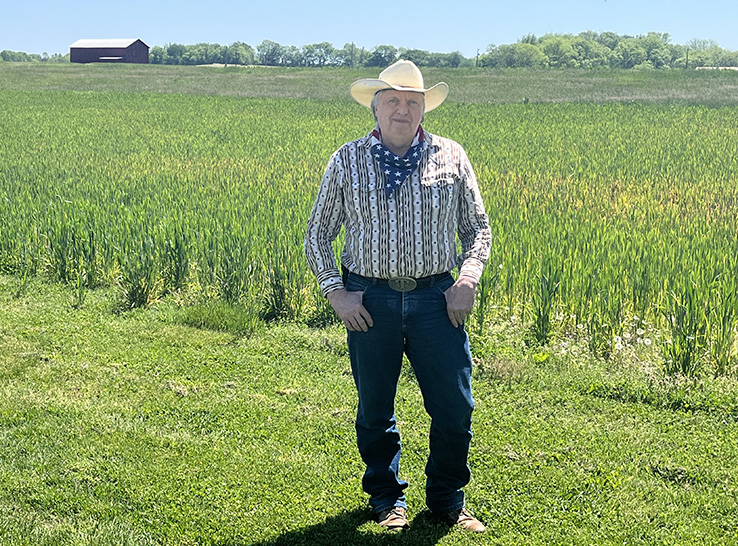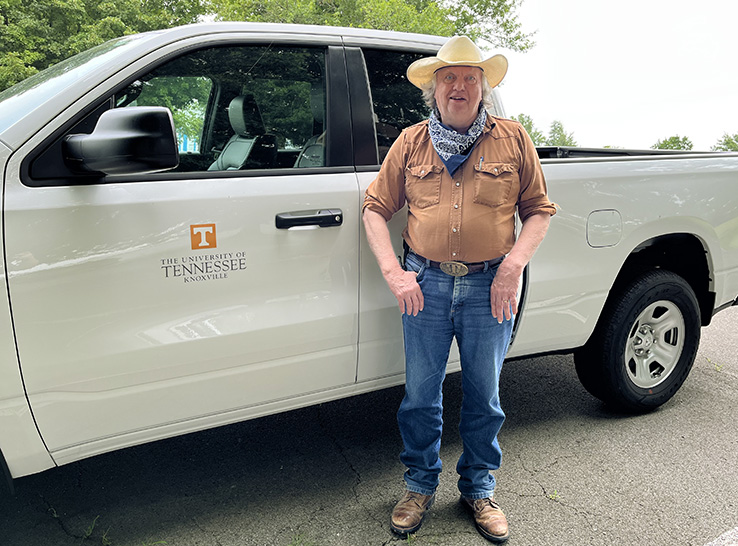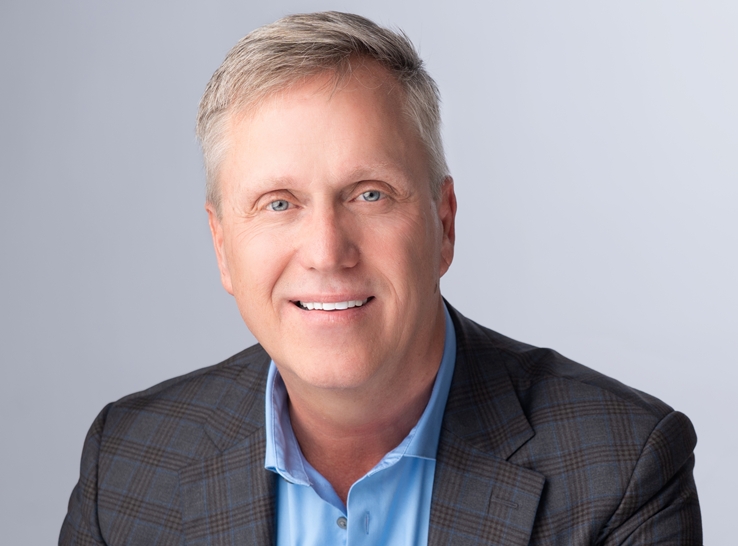By Tom Tabler, PhD
Professor, Extension Poultry Specialist
University of Tennessee Extension Service/Animal Science Department
Middle Tennessee AgResearch and Education Center
Spring Hill, Tennessee
High egg prices and the staggering number of bird losses have captured most of the media attention around the current avian influenza outbreak. Less well-known is the personal toll, which is even more heartbreaking and, perhaps, much more devastating.
Large table-egg companies may be forced not only to euthanize millions of hens but also lay off hundreds of workers, who were difficult to find in the first place, because there are no longer any eggs to gather. For anyone with compassion for livestock and their fellow human beings, this is not a task that is easy to live with.
For individual producers, the toll is even greater. These folks have lost their paycheck and their means of supporting themselves and their families.
Emotional devastation
The stress of quarantine, depopulation, disposal, cleaning, sanitation and testing associated with a positive avian influenza case is enough to break the spirit of most producers. However, heaped on top of that stress load is the shock and heartache of losing the flock of birds and the worry of how you will care for your family going forward.
Many individuals with no connection to agriculture see livestock farmers as cold and heartless, with little or no feelings for the animals in their care. As someone who grew up on a livestock farm and has spent my entire life and career around livestock from one species or another, I can promise you that nothing could be further from the truth.
Broiler chickens may spend as little as 6 or 8 weeks on the farm, and there may be over 100,000 on the farm at once, but you still develop an attachment to them. They are in your care, and they depend on you for their survival. This is true whether you care for six backyard chickens or a 5-million-head table-egg-layer complex.
That is a huge responsibility to carry around. And when disaster strikes, such as the current avian influenza outbreak, and the flock is lost, the emotional toll is devastating.
You feel guilty that you couldn’t protect them. You feel pain and anguish over the loss of so many living creatures. You wonder what you could have done differently and if, somehow, all those lost birds could have been saved. Although some questions have answers that can eventually be discovered, some will never have answers.
The good and the bad
I’ve been around the commercial poultry industry since the late 1970s. Thankfully, most days have been good because, for over 45 years, I’ve gotten to work with some of the best folks there are in this world.
Sadly, some days (and nights) were not so good. As a broiler service tech, more than once, I crawled around with a flashlight in collapsed chicken houses destroyed by tornadoes, trying to salvage what live chickens were left. This was the late ’70s/early ’80s, when safety laws weren’t what they are today.
The look of heartbreak, grief, shock and despair on growers’ faces back then is the same that I saw in early 2025 in California when I assisted the USDA with mass mortality composting of avian influenza-infected flocks. Although it is difficult to witness this look, I understand it.
Life-changing event
Farming is a great life but also difficult, dangerous and unforgiving. You are exposed to bad weather and difficult environmental conditions and work around heavy equipment. You learn to live with your head on a swivel because one second of inattention could be your last. And you worry constantly about what would happen to your family if something happened to you.
There’s a reason less than 2% of the population farms these days. Most people cannot or will not accept the pressure that comes with the job. Faint-hearted individuals need not apply.
And yet, there is nothing I would rather do than farming. To be honest, there’s nothing else that I’m actually any good at. My wife and kids know this better than anyone. The same likely goes for you. You love what you do and wouldn’t trade it for any other job on the planet.
But when a wildcard like avian influenza causes every feathered critter on the farm to be euthanized, it’s no wonder why farmers sometimes take their own lives when bad things happen, leaving folks to wonder why.
A life-changing event from my days as a broiler service tech drives home this point.
I became close to a really good grower on my route, whom I always looked forward to visiting each week. He was older, somewhat reserved and had been a broiler grower for a long time. I was young and had a lot to learn about the chicken business.
He would talk and I liked to listen, so things worked out great for both of us. About a year after I stopped servicing chickens, this grower whom I had visited every week, walked beside hundreds of times through his broiler houses and learned so much from, committed suicide.
I will never be able to forget that moment or the profound effect it had on me, even to this day. How desperate must one be to consider ending one’s own life to escape one’s pain and suffering? I pray I will never learn the answer to that question.
Peel back the facade
Although we may now have a short reprieve from avian influenza, we are nowhere near out of the woods yet. I still see plenty of heartbreak and grief yet to come.
But who else sees this heartbreak and grief? Farmers are supposed to be tough, never show emotion, never ask for help, never complain, always keep things under control and somehow be different from everyone else. But farmers are human and have problems, just like everyone else, perhaps made worse by knowing that complaining is not an option.
It’s time to peel back those layers of toughness and reveal the overwhelming emotional toll caused by the avian influenza outbreak. Growers are suffering from incredible heartache and grief, and it’s time to stop hiding those emotions behind a wall.
Words of hope
We know the importance of practicing good biosecurity and protecting your flocks against avian influenza as best you can. But we must not forget our own care.
If there’s a take-home message to all of this, it’s to take good care of yourself. All y’all have places in my heart. The poultry industry is huge, but it’s also a very close-knit family. It’s okay to feel bad when bad things happen. You might not be a very good farmer if you didn’t.
Do not let your sadness, grief and heartbreak consume you! In the movie Open Range, Kevin Costner says, “Well, you may not know this, but there are things that gnaw at a man worse than dying.” Truer words have never been spoken. Let’s all be careful out there and make sure we take care of ourselves and each other.
And remember that there is always light at the end of the tunnel. You may be far enough back that you don’t see it just now, and you may need a little help finding it, but it’s there.
I will never be able to repay all the folks for all the help I’ve received along the way. But that’s the thing about help. The folks that give it, give it freely, and don’t expect to be paid back. They’ve been there too, and they understand.
That’s part of why we have poultry service techs, the Extension Service and, if things are really tough, 988 (the suicide prevention hotline). There’s nothing wrong with asking for help. I still do it every day. The only reason I know a little something about raising chickens is because I’ve asked for lots of help along the way, and folks have gladly given it. Who knows what I might have accomplished if I had asked for even more help?
Editor’s note: The views expressed in this article are solely those of the author.

